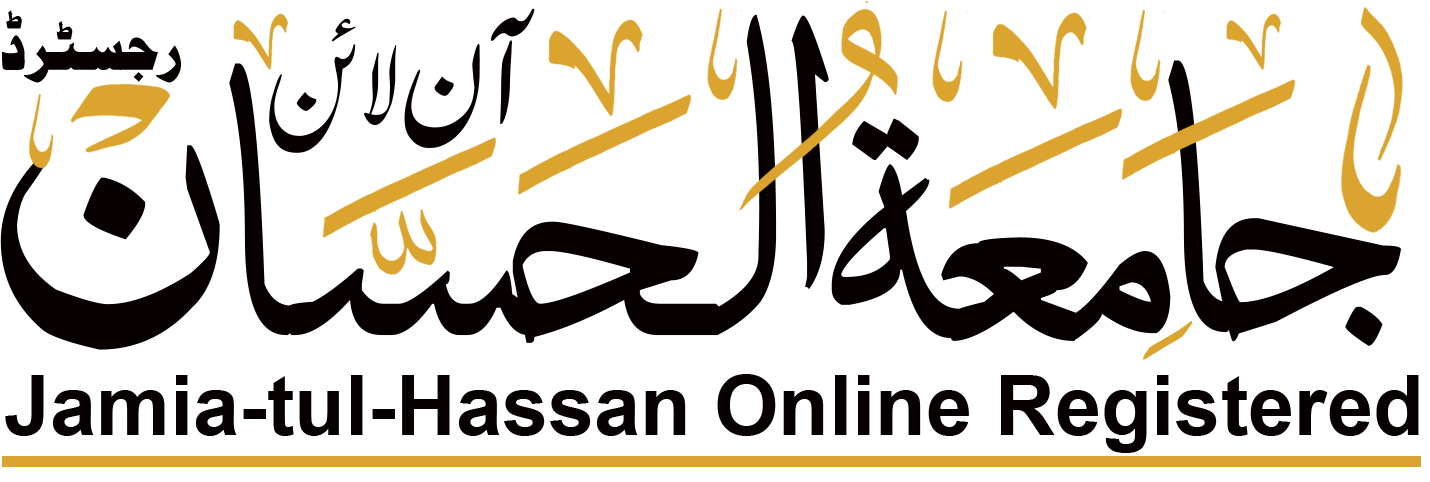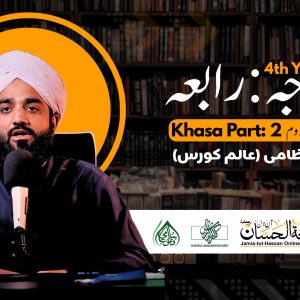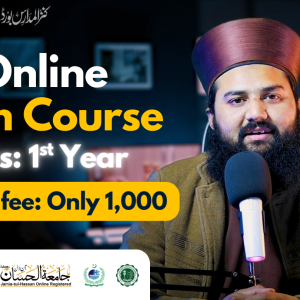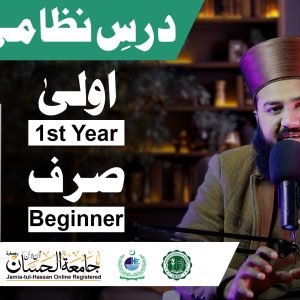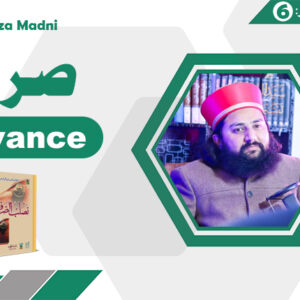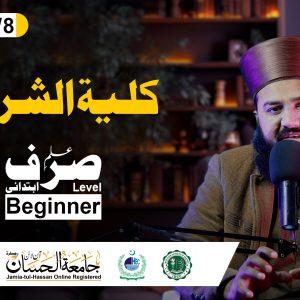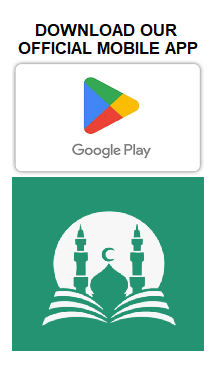Exploring the Islamic University of Minnesota
The Islamic University of Minnesota (IUM) holds a unique position in the landscape of higher education in the United States. As an institution dedicated to Islamic studies and serving the Minnesota Muslim community, it offers a variety of programs aimed at fostering a deeper understanding of Islamic teachings and preparing students for leadership roles in religious and community settings.
Founded with a mission to provide quality Islamic education, the Islamic University of Minnesota aims to meet the educational needs of Muslims in Minnesota and beyond. It offers a comprehensive curriculum that covers various aspects of Islamic studies, including theology, law, and history.
Is the Islamic University of Minnesota Accredited?
One of the common questions prospective students ask is whether the Islamic University of Minnesota is accredited. Accreditation is a crucial factor for students as it affects the recognition of their degrees and their eligibility for further studies and employment.
As of now, the Islamic University of Minnesota is not accredited by any recognized accrediting agency in the U.S. However, it remains committed to offering quality education and is working towards achieving accreditation in the future. Prospective students should consider this when deciding on their educational path.
📚 Explore Our Latest Islamic Courses 📚
Programs Offered at the Islamic University of Minnesota
The university offers a range of programs designed to cater to different interests and career goals. These include undergraduate and graduate degrees, as well as certificate programs in various fields of Islamic studies.
Undergraduate Programs
The undergraduate programs provide a solid foundation in Islamic theology, law, and history. Students can expect to engage in rigorous coursework that challenges them to think critically about Islamic teachings and their application in the modern world.
Graduate Programs
For those interested in advanced studies, the university offers graduate programs that delve deeper into specialized areas of Islamic studies. These programs are designed for students who wish to pursue careers in academia, religious leadership, or community service.
Certificate Programs
The university also provides certificate programs for individuals seeking to enhance their knowledge without committing to a full degree. These programs are ideal for community leaders and educators looking to expand their understanding of Islamic principles.
📚 Explore Our Latest Islamic Courses 📚
The Minnesota Muslim Community and the Role of IUM
The Islamic University of Minnesota plays a significant role in serving the Minnesota Muslim community. By offering educational opportunities that align with Islamic values, it helps strengthen the community’s cultural and religious identity.
Community Engagement
The university actively engages with the local Muslim community through workshops, lectures, and events. These activities promote dialogue and understanding among Muslims and non-Muslims alike, fostering a sense of unity and cooperation.
Supporting Muslim Students
IUM provides a supportive environment for Muslim students, offering resources and services that cater to their religious and cultural needs. This includes prayer facilities, halal dining options, and student organizations that promote Islamic values.
Acceptance Rate and Admission Process
by Pelajar Wajo (https://unsplash.com/@pelajarwajo)
📚 Explore Our Latest Islamic Courses 📚
Understanding the acceptance rate and admission process is essential for prospective students. While specific acceptance rate figures for the Islamic University of Minnesota are not publicly available, the university maintains a selective admission process to ensure students are committed to their studies.
Application Requirements
Applicants are typically required to submit transcripts, letters of recommendation, and a personal statement outlining their interest in Islamic studies. The university may also require an interview as part of the admissions process.
Financial Aid and Scholarships
To make education accessible, IUM offers financial aid and scholarships to eligible students. These opportunities help alleviate the financial burden on students and their families, making it easier to pursue higher education.
International Students at the Islamic University of Minnesota
The university welcomes international students who are interested in Islamic studies. While studying in the U.S. can be a rewarding experience, international students must navigate additional requirements, such as obtaining a student visa.
📚 Explore Our Latest Islamic Courses 📚
Cultural Exchange and Diversity
International students contribute to the cultural diversity of the university, enriching the learning experience for all. This exchange of ideas and perspectives helps create a vibrant academic community that values inclusivity and diversity.
Future Prospects and Career Opportunities
Graduates of the Islamic University of Minnesota are well-prepared to pursue various career paths, both within and outside the Muslim community.
Religious Leadership
Many graduates go on to become imams, chaplains, or religious educators, serving in mosques, schools, and community centers. Their education equips them with the knowledge and skills needed to lead and inspire others.
Academia and Research
Some graduates choose to pursue careers in academia, contributing to the field of Islamic studies through teaching and research. Their work helps advance the understanding of Islamic teachings and their relevance in contemporary society.
Community and Social Services
Others find fulfillment in roles within community and social services, where they can make a positive impact by addressing the needs of the Muslim community and promoting social justice.
Conclusion
The Islamic University of Minnesota offers a unique educational experience for those interested in Islamic studies. While it currently lacks formal accreditation, the university is dedicated to providing quality education and serving the needs of the Minnesota Muslim community. Whether you are a prospective student or simply interested in learning more about Islamic higher education, the Islamic University of Minnesota represents a valuable resource and a beacon of learning within the community.
By understanding the programs, community role, and opportunities available, you can make an informed decision about whether the Islamic University of Minnesota is the right fit for you. As you embark on your educational journey, consider how this institution can help you achieve your academic and career goals while staying true to your values.
📚 Explore Our Latest Islamic Courses 📚
